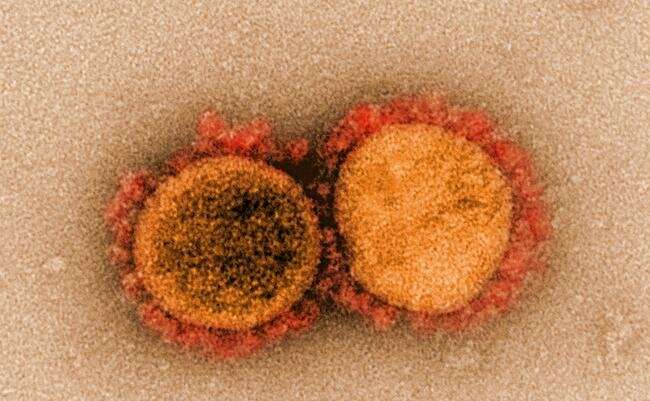
Vaccination after infection with SARS-CoV-2, the virus responsible for COVID-19, is associated with a decrease in the likelihood of long COVID symptoms, finds a large study of UK adults published by The BMJ today.
They stress that causality cannot be inferred from this observational evidence, but say vaccination “may contribute to a reduction in the population health burden of long COVID, at least in the first few months after vaccination.”
Vaccines against COVID-19 are effective at reducing rates of coronavirus infection, transmission, hospital admission, and death. Evidence also suggests that long COVID is reduced in those who are infected after vaccination, but the effectiveness of vaccination on pre-existing long COVID is less clear.
The latest survey by the UK’s Office for National Statistics (ONS) shows that 44% of people who report long COVID have had symptoms for at least one year, two thirds of whom report symptoms severe enough to limit their day-to-day activities.
So a team of researchers set out to estimate associations between COVID-19 vaccination and long COVID symptoms in adults with SARS-CoV-2 infection before vaccination.
They drew on ONS data for 28,356 adults aged 18-69 years (average age 46; 56% women; 89% white) who received at least one COVID-19 vaccine dose after testing positive for SARS-CoV-2 infection.
They then tracked the presence of long COVID symptoms over a seven month follow-up period (February to September 2021).
Long COVID symptoms of any severity were reported by 6,729 participants (24%) at least once during follow-up.
Before vaccination, the odds of experiencing long COVID changed little over time.
A first vaccine dose was associated with an initial 13% decrease in the odds of long COVID, but it is unclear from the data whether this improvement was sustained over the following 12 weeks, until a second vaccine dose was given.
Receiving a second vaccine dose was associated with a further 9% decrease in the odds of long COVID, and this improvement was sustained at least over an average follow-up of nine weeks.
Similar results were also found when the focus was on long COVID severe enough to result in limitation of day-to-day activities.
Due to the study’s observational design, causality cannot be inferred, nor can the researchers rule out the possibility that other unmeasured factors, such as those related to take-up of a second vaccine dose, may have affected their results.
However, results were consistent after taking account of sociodemographic characteristics, health related factors, vaccine type, or duration from infection to vaccination, suggesting that they withstand scrutiny.
As such, the researchers say: “Our results suggest that vaccination of people previously infected may be associated with a reduction in the burden of long COVID on population health, at least in the first few months after vaccination.”
They call for further research into the long term relationship between vaccination and long COVID, and studies “to understand the biological mechanisms underpinning any improvements in symptoms after vaccination, which may contribute to the development of therapeutics for long COVID.”
Are vaccines a potential treatment for long COVID, ask researchers in a linked editorial?
They acknowledge that benefits are possible in some individuals not all, and say the mechanisms underpinning changes in long COVID symptoms after vaccination are still not fully understood.
Until a clear explanation is found, they say vaccination to reduce risk of reinfection remains important for people with long COVID, and evidence so far suggests that benefits are likely to outweigh any harms.
“Unfortunately, many unknowns remain about the long term prognosis of long COVID, including the effect of booster vaccines or recurrent COVID-19,” they write, and they call for more research “before we can hope to predict the effects of vaccination on individuals.”
British Medical Journal

